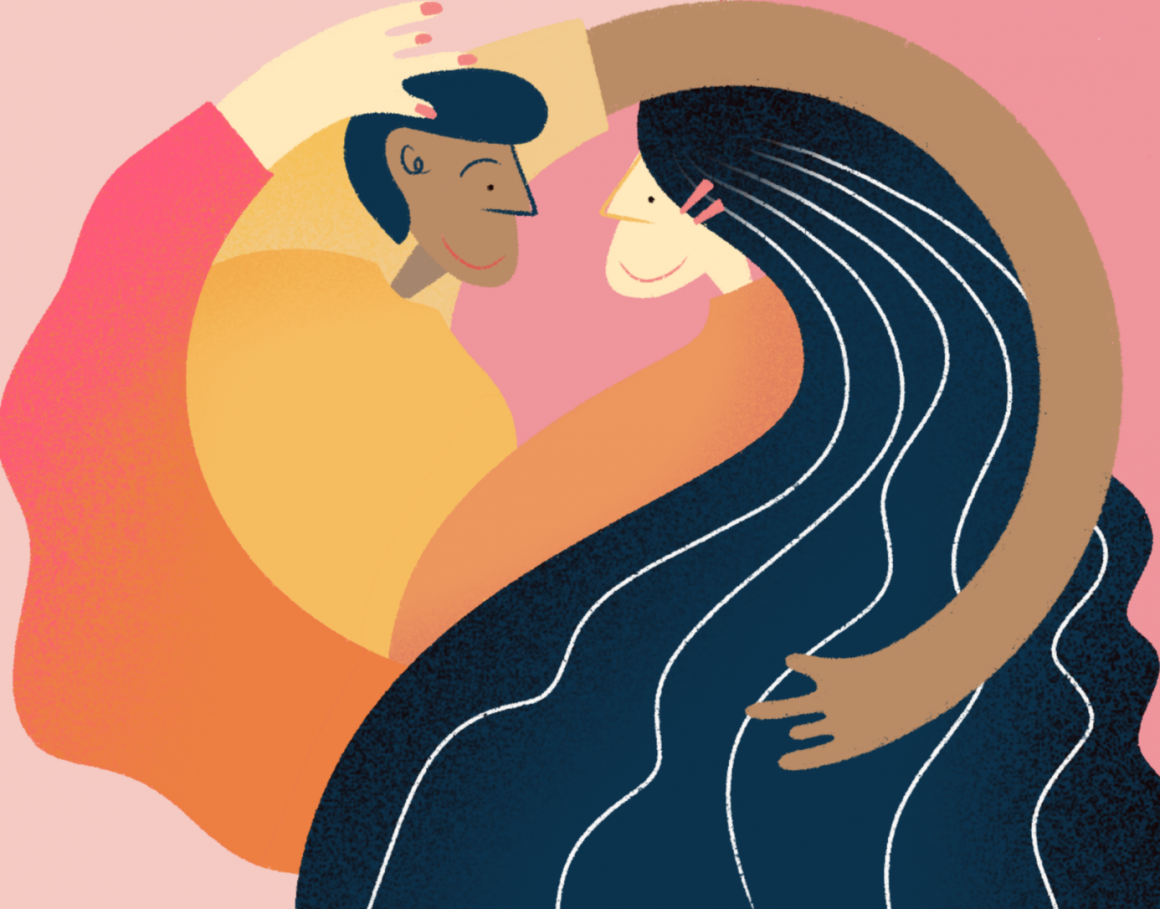
Recognize unhealthy romantic, friendship and workplace relationships
By Mariah Wilson, April
Our 20s seem to be riddled with toxic and unhealthy relationships in every aspect of our lives. Whether it’s romantic relationships, friendships or within the workplace, everyone has stories about how they were left feeling anxious, unsafe or disrespected after a relationship went south. People can assume that our lack of life experiences will make us more of a doormat and that we’re less likely to speak up against or recognize abusive behaviours.
Quite frankly, I agree with them. But it doesn’t have to be this way.
In any relationship, you should feel respected and comfortable enough to be able to express who you are and who you’re becoming. If you ever feel demeaned or threatened by abusive behaviours like yelling, name-calling or even isolation from someone you have a relationship with, this is a sign that the relationship is unhealthy and doesn’t add value to your life. Communication is the key to any well-functioning, healthy relationship. But unfortunately, not many people are able to articulate what they need and how they wish to be treated.
Joanna Davila of Skills for Healthy Relationships is a clinical psychologist who provides educational programs on interventions for relationship problems, depression and anxiety. Her website, which she shares with Kaycee Lashman, focuses on creating communication patterns and environments that lead to healthy relationships by reducing the things that lead to unhealthy ones. While the site is devoted to romantic relationships, a lot of their guidance can be applied to other relationships, such as between friends and colleagues.
Their interventions primarily focus on being able to recognize and articulate three specific aspects of your relationships.
“I know and like myself.”
This means that you know what your needs are and can both respect and meet those needs. Davila and
“I know and like my partner (or friend or boss).”
This means that you’re confident that the person you’re entering a relationship with is somebody you believe will treat you properly and is someone who you can respect. Davila and Lashman highlight that by selecting the right candidate, people can shift from trying to be what the other person wants to realizing whether or not they actually want to be with the other person. This is especially important when it comes to how you want to invest your time, arguably your most valuable commodity, since you don’t want to take time away from someone that can add more value to your life.
In your 20s, these decisions become more pronounced when selecting jobs and, sometimes more accurately, bosses and company culture. You want to be able to have a healthy workplace relationship where you can respect the management as well as the company values. Otherwise, you’ll resent the hundreds of hours you put into your job. If the management team uses bullying techniques to keep employees in line, find a company that values mutual respect in the workplace and strives to provide a workplace free of harassment, threats and other stress-inducing environmental triggers that inhibit your growth.
“My partner (or friend or boss) knows and likes me.”
This means that you’re entering a relationship with someone who wants what you have to offer and treats you in a way that shows how they value and respect you. Davila and Lashman mention that this framing allows individuals to figure out whether the other person wants what you can offer and treats you appropriately. Whether it’s a romantic relationship, friendship or workplace, you should be wanted and valued for your personality and skills. If it’s your partner or friend, then there should definitely be a mutual caring between both parties. When it comes to workplaces, the management should demonstrate how much value you add to the company culture through mutual respect.
It can be hard to recognize if someone is bullying you or abusing your relationship. That’s why it is important to understand that an unhealthy relationship stems from a repeated negative pattern or behaviour that’s targeted, such as harrassment, discrimination and other forms of psychological abuse. ALIS Alberta outlines bullying as abuses of power that include such things as threats and intimidation, as well as rudeness and hostility that disrespects the person being targeted.
In romantic relationships, that can take form as your partner belittling you, not respecting your opinions or boundaries or even using threats to manipulate you to get what they want (“If you don’t do this, then I’ll leave”). In friendships, an abusive party may spread rumours or gossip about you with other close friends, exclude and isolate you from activities or spy on you when you’re not with them. At workplaces, this may look like hollow threats of discipline or job loss without appropriate reasoning, discounting your ideas or blocking requests for training or promotion. All forms of abuse and bullying can take a major physical and psychological toll on you, causing a loss of sleep, stress, a loss of focus, lower confidence and general feelings of anger, frustration and shock.
If you’re experiencing trauma from current or previous unhealthy relationships and need support, please reach out to resources like the on-campus Wellness Centre, Alberta Health Services or the Distress Centre Calgary, which is a 24-hour support service. If you feel that your rights are being violated by an employer, you can reach out to the Alberta Humans Rights Commission to receive help and guidance and learn how to take action against your employer.
